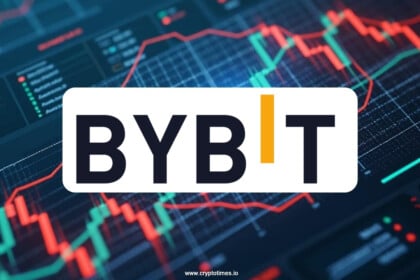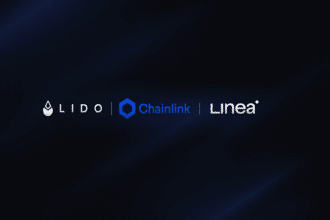A new debate has erupted in the crypto community as Ethereum Co-Founder Vitalik Buterin and Solana Co-Founder Anatoly Yakovenko shared opposing views on the security of Ethereum’s layer-2 (L2) networks.
Buterin argued that Ethereum’s L2 solutions remain secure, even in the event of a 51% attack, because they inherit finality from the Ethereum mainnet. “Even 51% of validators colluding cannot steal your assets,” he wrote on X.
However, he admitted that this security breaks down when validator sets take on roles beyond what the blockchain directly controls.
Ethereum’s L2 networks, including Arbitrum, Base, Optimism, and Worldchain, collectively hold over $35 billion in total value locked (TVL). Supporters believe the network’s one million-plus validators make it far more resilient than Solana, which has merely 2,000 validators.
Yakovenko questions the assumptions
In contrast, Yakovenko dismissed the idea that L2s “inherit Ethereum’s security.” He claimed that five years into Ethereum’s L2 roadmap, the risks remain similar to cross-chain bridges like Wormhole. Yakovenko highlighted key issues such as complex code vulnerabilities, centralized multi-signature wallets, and off-chain processing that reduces transparency.
He additionally suggested developing a dedicated bridge that would enable Ethereum to serve as an L2 to Solana, in order to have a safer cross-chain transaction.
As the number of Ethereum L2s exceeds 150, the debate highlights a growing concern, can scalability truly come without compromising security? The discussion remains open as both ecosystems continue to evolve.
Also Read: Ethereum Developer Says Vitalik Holds Too Much Power











